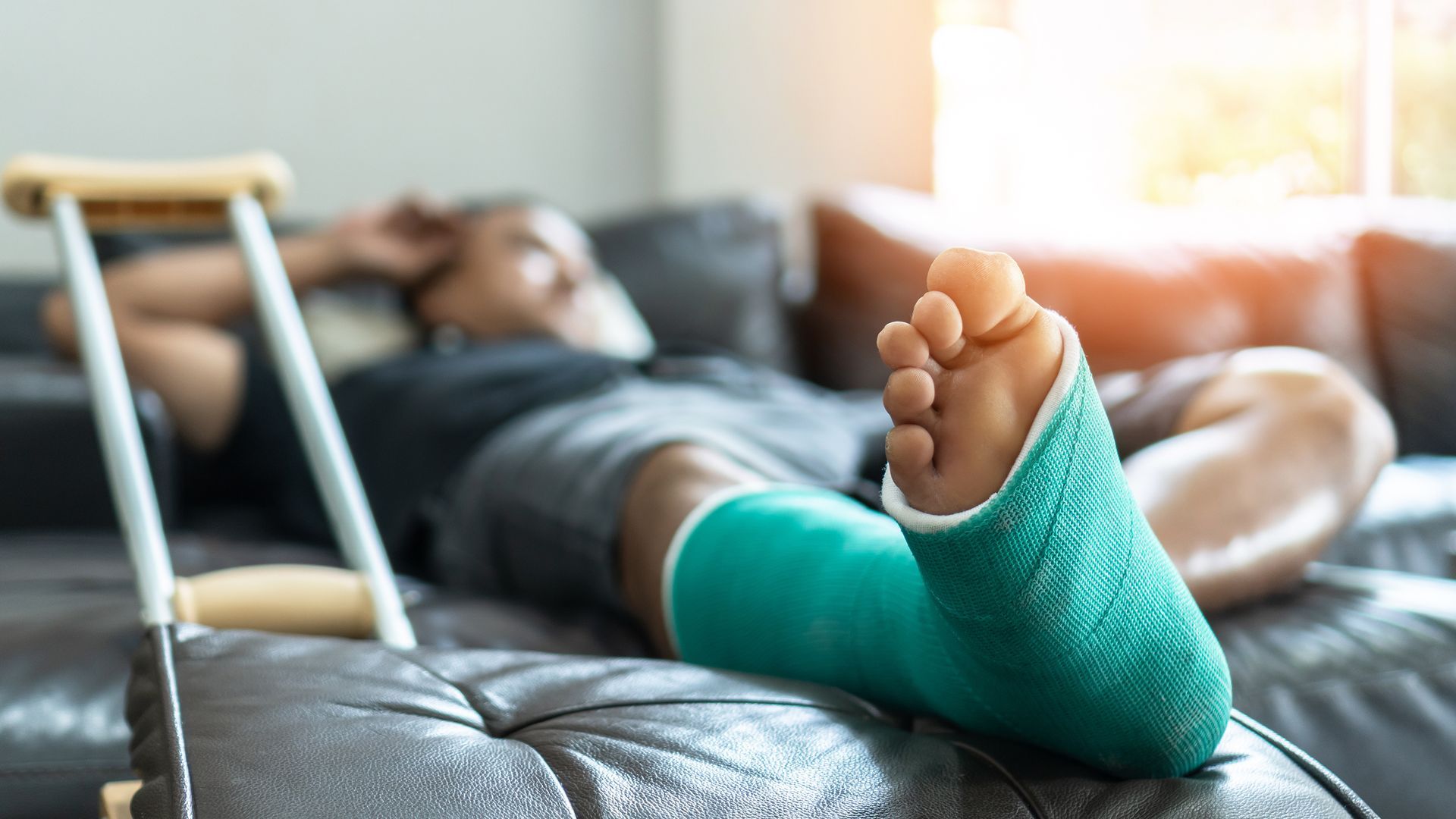Strategies for Winning Premises Liability Cases
On behalf of Harper, Evans, Hilbrenner & Netemeyer
Key Strategies for Success in Premises Liability Litigation

Premises liability cases are legal disputes arising from injuries sustained on someone else's property, often due to the property owner's negligence. These cases can range from slip and fall accidents to incidents involving inadequate security measures. Understanding the strategies for winning these cases is crucial for both plaintiffs and legal practitioners. Winning a premises liability case often hinges on proving that the property owner breached their duty to maintain a safe environment, leading to the injury.
Understanding Premises Liability
Premises liability is a legal concept typically used in personal injury cases where the injury was caused by some type of unsafe or defective condition on someone's property. Most premises liability cases are based on negligence, and the injured person must prove that the property owner failed to maintain the property or warn of dangerous conditions. We will explore various types of incidents that can give rise to these claims, such as slip and fall accidents, injuries caused by poor property maintenance, and cases involving inadequate security leading to assaults or injuries on the property.
Key Challenges in Premises Liability Cases
One of the primary challenges in premises liability cases is proving negligence. Establishing that the property owner knew or should have known about the hazardous condition and failed to act is often difficult. Another significant challenge is evidence preservation, critical in premises liability cases. Evidence preservation letters are essential in pre-litigation to ensure videos, photos, and statements are retained for the case. Furthermore, landowners may use the defense that the invitee was aware of the dangerous condition. This defense suggests that if the danger was obvious or known to the invitee, the property owner might not be held liable, as it is presumed that invitees will take reasonable measures to protect themselves against known risks
Strategies for Winning Premises Liability Cases
Winning a premises liability case largely depends on the effective gathering and preservation of evidence. This evidence, which is crucial in proving negligence, can include photos of the accident scene, witness statements, and any surveillance footage. Another key strategy is the use of effective deposition techniques. Videotaping depositions and establishing general safety rules during these proceedings is key. This can involve obtaining binding admissions from defense representatives, particularly in cases where the defendant is not an individual but a corporation or other entity.
Lastly, overcoming common defenses used by property owners is a critical aspect. This includes countering arguments such as the invitee’s knowledge of the dangerous condition or claims that the property owner had taken reasonable steps to warn about or rectify the hazardous situation.
The Role of Legal Representation
In premises liability cases, the role of a lawyer is pivotal. Legal representation can assist in various aspects, from investigating the incident to navigating complex legal procedures. Lawyers can help in identifying and preserving evidence, filing the lawsuit, and handling negotiations with insurance companies or defendants. The importance of expert legal advice becomes particularly significant in premises liability cases due to their inherent complexities. A knowledgeable attorney can interpret and apply relevant laws, handle legal documentation, and devise a strategy tailored to the specifics of the case.
Key Takeaways and Strategies for Premises Liability Success
The crucial aspects of premises liability cases, from understanding the basics and challenges to discussing strategies for success. The evolving legal landscape, particularly recent trends favoring defendants, underscores the importance of being well-prepared and informed. It is evident that thorough evidence gathering, effective legal representation, and staying updated with current case law are essential for navigating these complex cases. Ultimately, understanding these facets is key to building a strong case and enhancing the chances of a favorable outcome.

